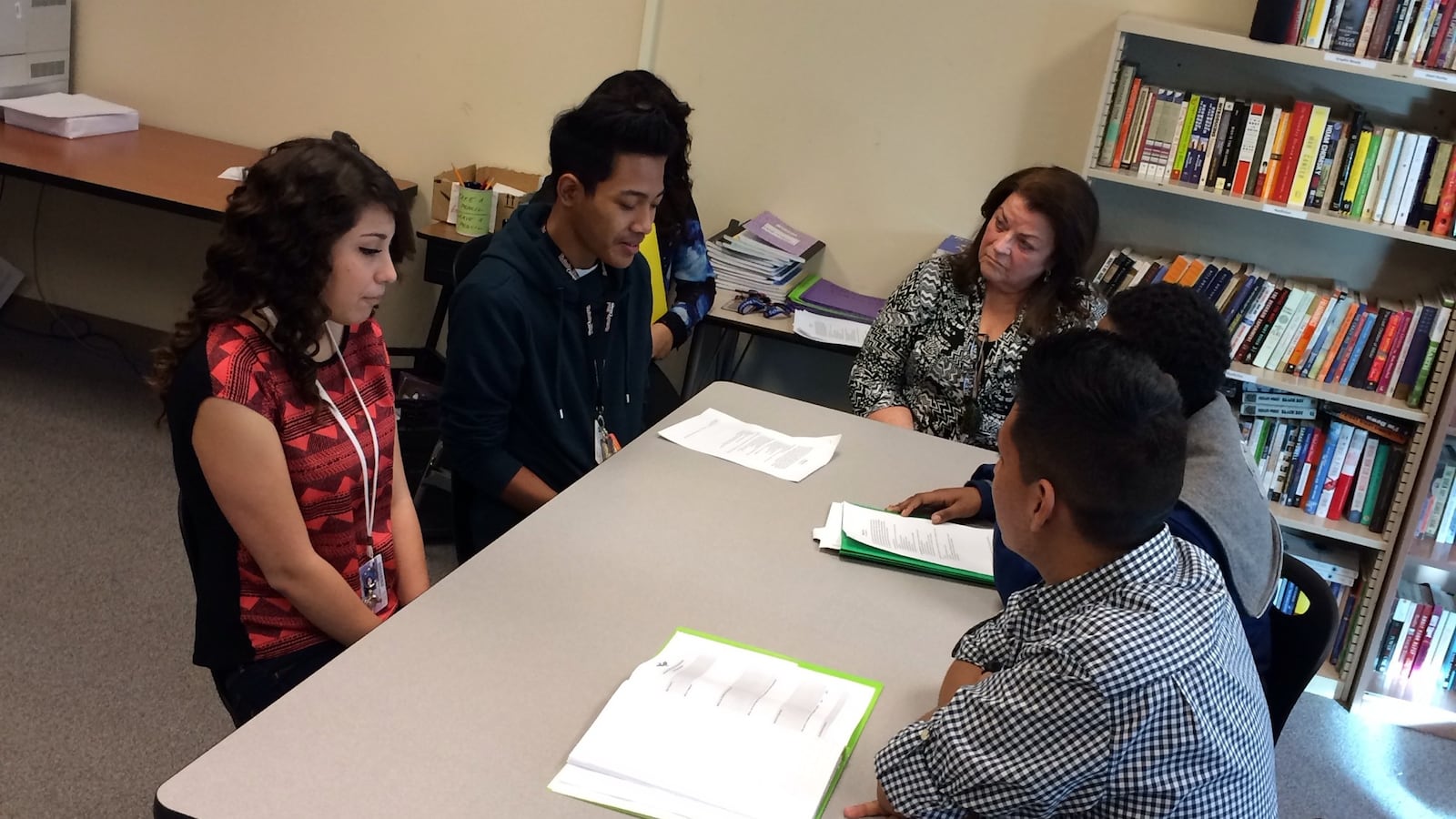Philanthropists are stepping up to address a longstanding problem facing Indiana schools: A serious shortage of counselors.
In Indiana, the average school counselor is responsible for about 630 students, making the state 45th out of 50 and the District of Columbia for counselor-to-student ratios.
Responding to that crunch, the Lilly Endowment — founded by key players in the Indianapolis-based pharmaceutical giant Eli Lilly — is launching a five-year, $30 million initiative to help schools create or bolster their counseling programs.
School districts and charter schools with ideas for how to meet their counseling needs will be able to apply for a slice of the funding. The goal, Lilly officials said, is to make sure kids can get the support they need — academically and emotionally — to be successful after high school.
Read: Too few and too busy: With school counselors overwhelmed, Indiana kids fall through cracks
“We want to see a significant increase in the number of K-12 students in Indiana who are emotionally healthy and who realize academic success and graduate from high school,” said Sara Cobb, the Endowment’s vice president for education.
The new funding comes as counselors in Indiana are facing an ever-growing array of responsibilities — many of which don’t directly serve individual students’ needs.
A study by the Indiana Chamber of Commerce showed that a majority of counselors reported spending no more than a quarter of their time on college and career counseling and that the amount of time spent on non-counselor work had doubled since 2010.
Cobb said the findings had fueled the Endowment’s interest in supporting counseling in Indiana schools.
At an event last week that served as an orientation for Indianapolis-area school counselors and leaders before they start grant proposals, a panel of educators and advocates offered advice for beginning the grant process.
Panelists representing several community and education-focused groups, including the Indiana Chamber of Commerce, said they would be available to help districts plan grants, analyze data and organize research, among other support services they might need to apply for the grants.
There’s no one right model, said Tami Silverman, president and CEO of the Indiana Youth Institute. Schools should consider reaching out to retired educators, community leaders and others to form an advisory group so they can assess current programs and what gaps they might need to fill.
“We’ve heard time and time again that our kids have more needs,” Silverman said. “We get to dream with this grant.”
The first set of grants will be smaller and support planning for any school or district that wants them; proposals are due Dec. 15, and funding will be awarded by Jan. 20.
Then, districts and schools can ask for more money to help them put their plans into action. Those grants will be competitive, and not every applicant will get one. Proposals are due May 19, with grants awarded by the end of September and new programs launching as early as October 2017.

